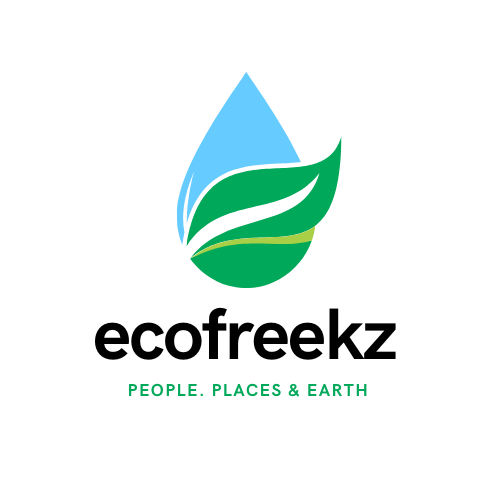Climate change is not just an environmental issue; it’s a threat to the delicate balance of ecosystems and the myriad species that call our planet home. From polar bears in the Arctic to coral reefs in the ocean, the effects of climate change are reverberating through the animal kingdom, posing significant challenges to wildlife survival and biodiversity. In this blog post, we’ll explore how climate change is impacting animals around the world and why it’s essential to take action to protect our animal friends.
1. Disruption of Habitats: One of the most significant impacts of climate change on wildlife is the disruption of habitats. Rising temperatures, shifting precipitation patterns, and extreme weather events are altering ecosystems, making it harder for animals to find suitable habitats and resources. Species that depend on specific environmental conditions, such as polar bears, penguins, and coral reefs, are particularly vulnerable to habitat loss and degradation.
2. Changes in Migration Patterns: Many animals rely on seasonal migrations to find food, mate, and raise their young. However, climate change is altering the timing and routes of migration, throwing these delicate rhythms out of sync. For example, warmer temperatures may cause birds to migrate earlier in the spring, disrupting the timing of insect blooms and leading to food shortages for birds and their offspring.
3. Threats to Food Sources: Climate change is affecting the availability and abundance of food sources for wildlife, putting additional stress on already vulnerable populations. For example, rising temperatures are causing shifts in the distribution and productivity of plants and prey species, making it harder for predators to find food. This can lead to population declines, reduced reproductive success, and increased competition for limited resources.
4. Increased Frequency of Extreme Weather Events: Climate change is intensifying the frequency and severity of extreme weather events such as hurricanes, heatwaves, droughts, and wildfires. These events can have devastating consequences for wildlife, destroying habitats, displacing populations, and causing injury or death to animals. Species with limited mobility or specialized habitat requirements, such as amphibians, reptiles, and small mammals, are particularly at risk.
5. Coral Bleaching and Ocean Acidification: Climate change is wreaking havoc on marine ecosystems, with profound implications for marine life. Warming ocean temperatures are causing coral bleaching, a phenomenon where corals expel the algae living in their tissues, leading to widespread coral death and habitat loss. Additionally, increasing carbon dioxide levels are causing ocean acidification, which can weaken the skeletons of shell-forming organisms such as coral, mollusks, and plankton, disrupting entire food webs.
6. Range Shifts and Invasive Species: As temperatures rise, many species are shifting their ranges in search of suitable habitats. While some species may be able to adapt or migrate to new areas, others may face barriers such as urban development, highways, or agricultural land, leading to population declines or local extinctions. Additionally, climate change is facilitating the spread of invasive species, which can outcompete native species for resources and disrupt ecosystem dynamics.
7. Conservation Challenges: Climate change is posing new challenges for wildlife conservation efforts, requiring adaptive management strategies to safeguard vulnerable species and habitats. Conservation organizations and government agencies are working to identify climate change refuges, protect migration corridors, restore degraded habitats, and reduce other stressors such as habitat fragmentation, pollution, and overexploitation. Collaboration between scientists, policymakers, stakeholders, and communities is essential for implementing effective conservation measures in the face of climate change.
In conclusion, climate change is a defining issue of our time, with far-reaching consequences for the animals that share our planet. From habitat loss and food shortages to extreme weather events and ocean acidification, the impacts of climate change on wildlife are profound and multifaceted. As stewards of the Earth, it’s our responsibility to take action to mitigate climate change and protect the biodiversity and wellbeing of all living creatures.
Let’s stand together to protect our animal friends and preserve the rich tapestry of life on Earth for future generations to cherish and enjoy.
